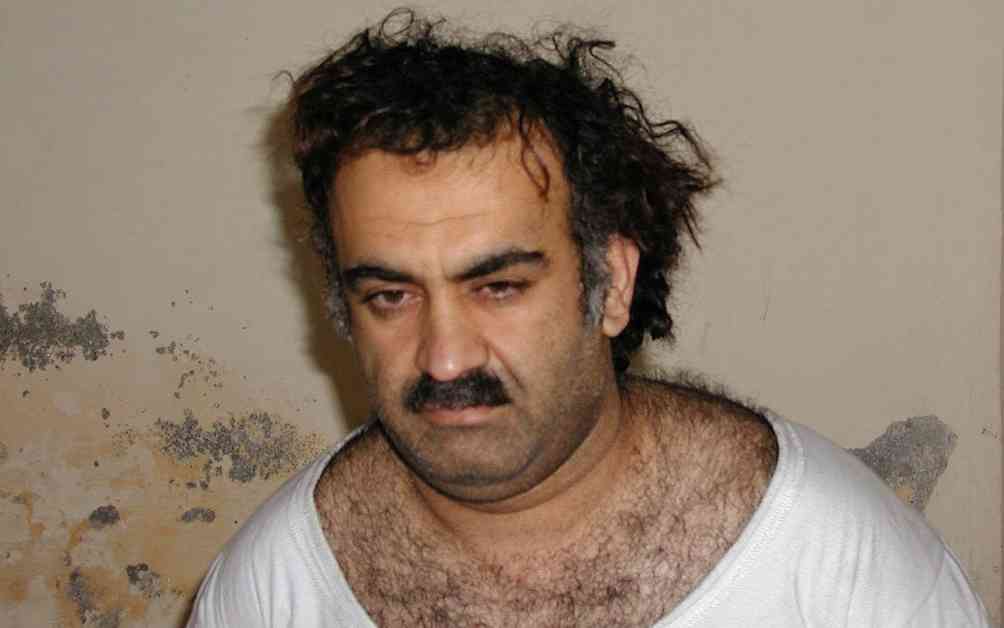The decision by US Defense Secretary Lloyd Austin to scrap plea deals with the accused mastermind of the Sept. 11 attacks, Khalid Sheikh Mohammed, and two accomplices, has caused a stir in the long-stalled legal proceedings at the Guantanamo Bay military base in Cuba.
The original plea deals, which would have seen the accused serve life sentences at most in exchange for guilty pleas, were approved by Susan Escallier on Wednesday. However, Mr. Austin took on the responsibility himself and withdrew from the agreements on Friday.
The decision to rescind the plea deals has drawn criticism from some families of the victims of the 9/11 attacks, who were hoping for full trials and the possibility of death penalties. Republican lawmakers, including Sen. Tom Cotton, have condemned the move and called for legislation mandating that the defendants face trial and the death penalty.
The legal proceedings against the defendants have been mired in pre-trial hearings and challenges related to the admissibility of evidence linked to the torture they underwent while in CIA custody. J. Wells Dixon, a staff attorney at the Center for Constitutional Rights, had welcomed the plea bargains as a way to resolve the long-stalled cases.
President Joe Biden had previously blocked a proposed plea bargain last year due to concerns about the treatment of the defendants while in custody. A fourth defendant had been negotiating a possible plea agreement, while a fifth defendant was ruled mentally unfit to stand trial due to the effects of torture and solitary confinement.
The decision to scrap the plea deals has left the legal proceedings in limbo once again, with the prospect of full trials and verdicts still uncertain. Despite the challenges and delays, efforts to reach a negotiated resolution to the case have been ongoing for about 1.5 years.
The move by the US government to end the plea deals with the 9/11 plotters has reignited debate over how to bring the perpetrators of the attacks to justice while ensuring a fair and transparent legal process. The decision has also raised questions about the role of political pressure in shaping legal proceedings and the rights of defendants in cases involving allegations of torture and misconduct.












